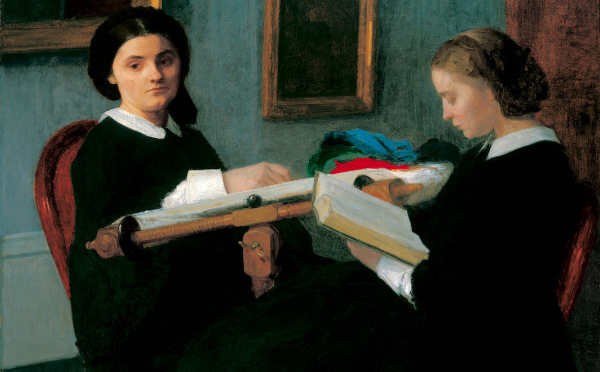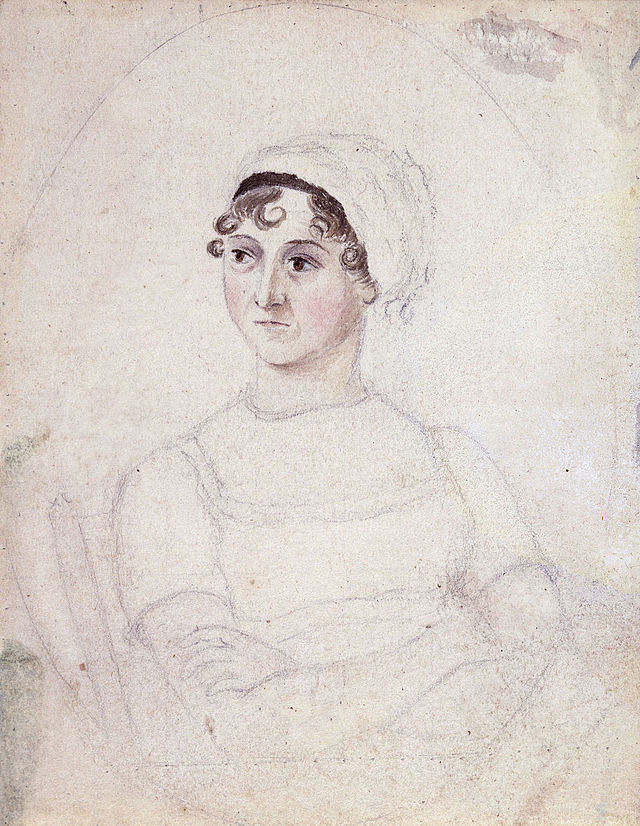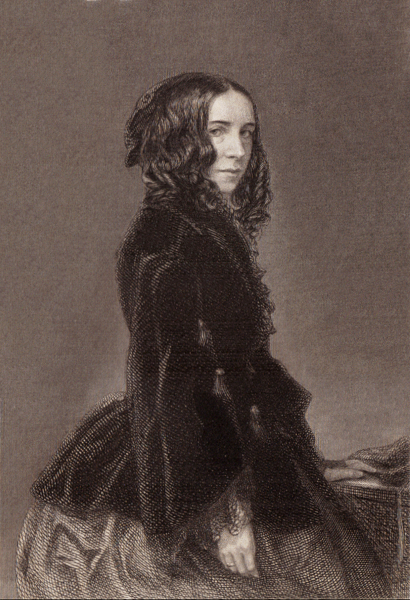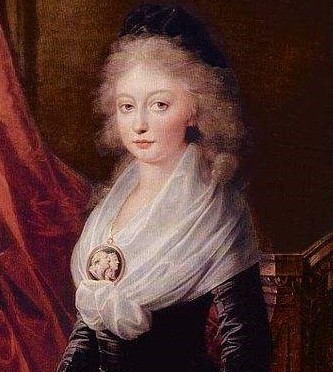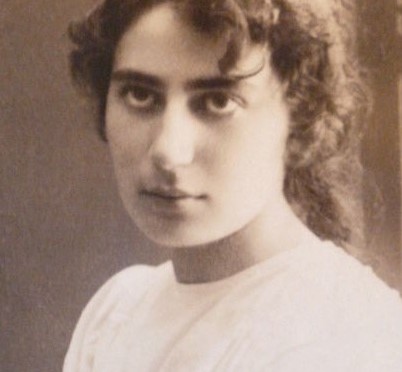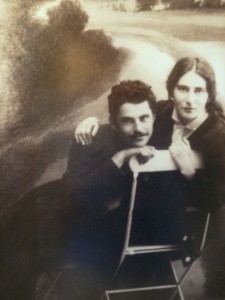I was thinking of Elizabeth Barrett Browning last night. It’s probably because as she got older as a single maid, she got more ill, but she managed to go on with her work and eventually found true love. I wrote her a note last night/this morning. I decided just to do a little research and read she was born March 6!
So of course, I’ll have to include that birthday note to her!

Letter
EBB~
Elizabeth Barrett Browning-I keep you in mind as I age. Maybe when I’m 40, I’ll be married, but if not, what can I do? I’m not married yet or have your talent, and so it’s depressing. You had a lot going for you, but I bet it was hard. I have spinal and head problems myself. Perhaps I’m…of what was I going to say? No, I won’t ever know your genius or exact pain, but somehow you give me inspiration and my heart reaches out to you because you triumphed when it came to love. No one ever could have predicted what you ended up doing–eloping with such a seemingly eccentric poet. Maybe your husband eloping with someone–but not you! It’s cool that he took a chance on a 35-plus-year-old woman.
Birthday wishes,
~A 35+ woman
P.S. Upon further research, I’ve discovered just how much you fought for causes with all you had. So it’s not surprising that when you found the one, you went for it.

Further Thoughts
I noticed I lost my thoughts in the middle of the letter. I really might be getting senile.
Anyway, I don’t have enough thoughts presently to even write a poem, but hopefully Elizabeth Barrett Browning would think this post is good enough.
Happy birthday, Mrs. Browning!
Images
Birthday cake image from pixabay.com, public domain.
Photograph of EBB and Robert Browning, public domain.
Engraving EBB, engraved by Thomas Oldhan Brown, public domain.
